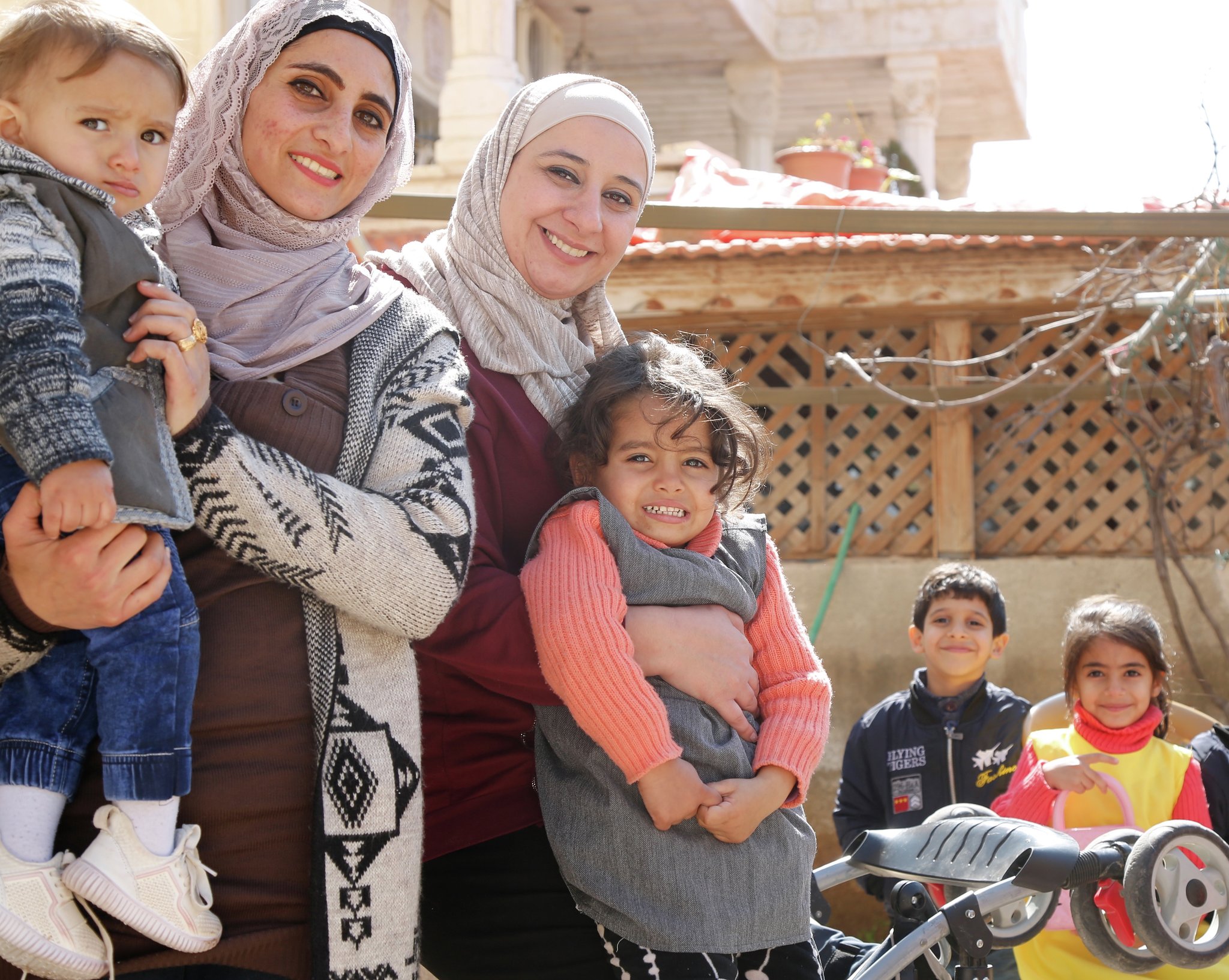Women in Lebanon redefining tech leadership
“The Information and Communications Technology (ICT) sector has been male-dominated for decades, and it is time we close this gap,” expressed Janeth Tawk, 31-year-old managing director of Greybell.

